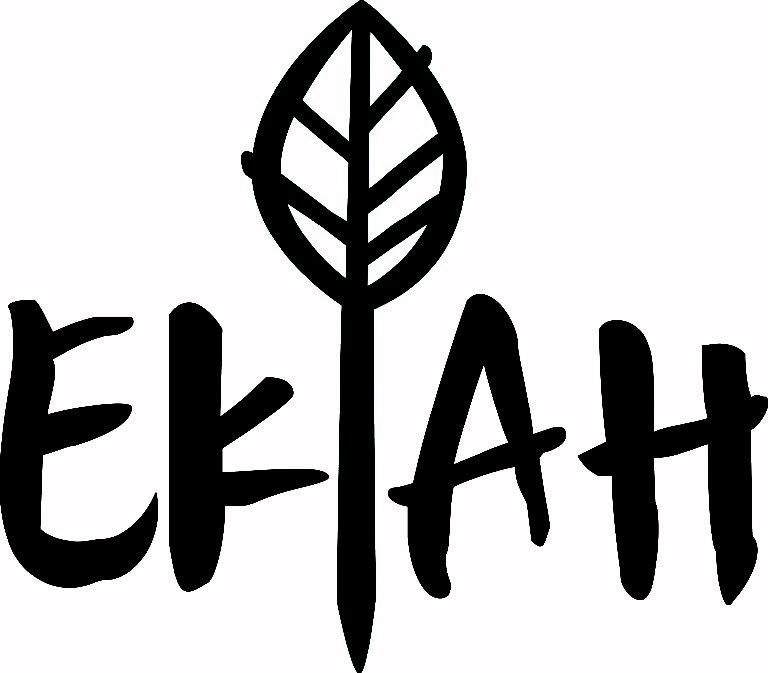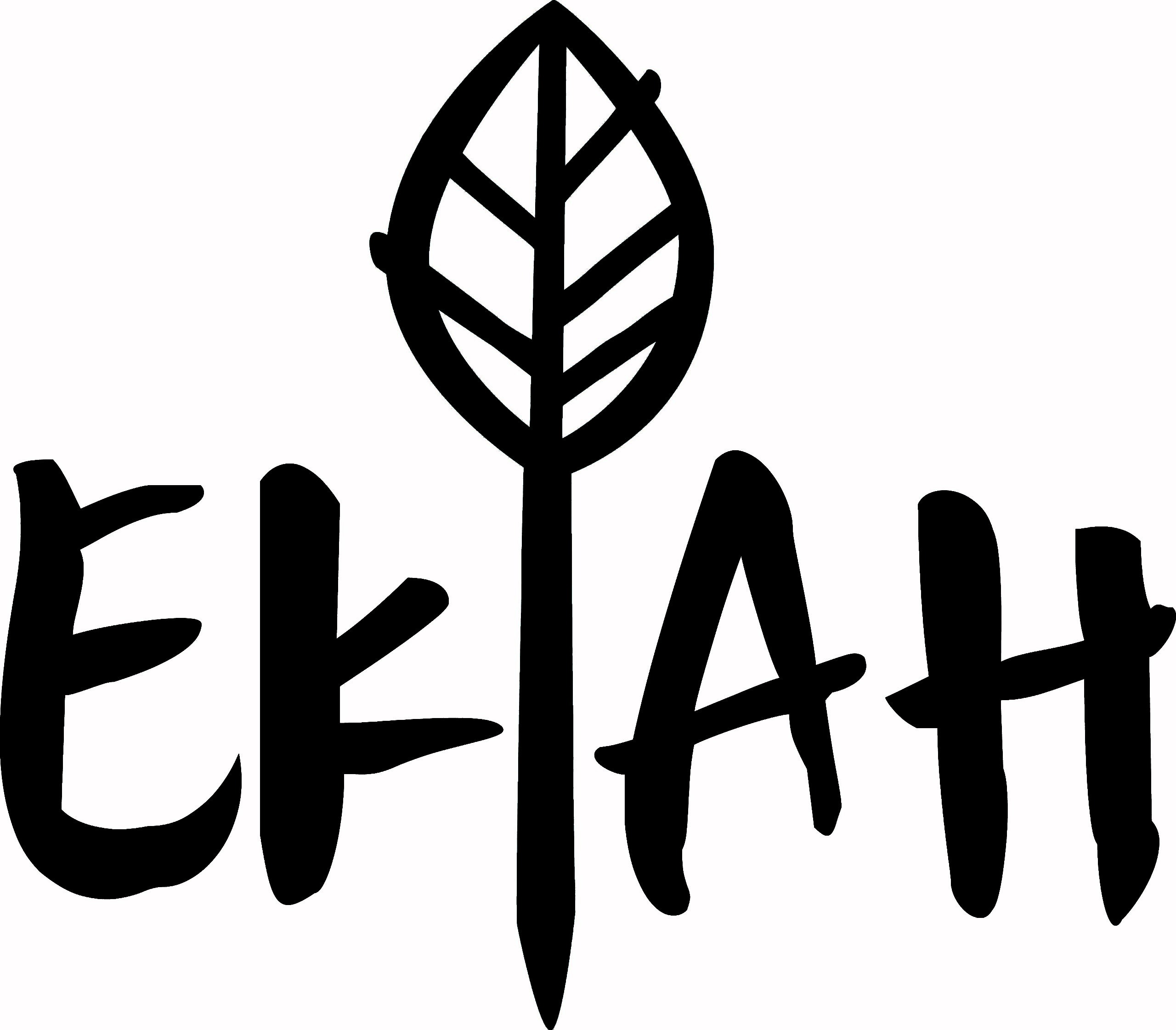Traditional Chinese Medicine
Regrowth: Spring and Traditional Chinese Medicine
Three thousand years ago, when Chinese medicine was first being practiced, there was no light or electricity. No way to mask the darkness of winter. No way, either, to ignore the longer, warmer days of springtime. Because it is such an ancient practice, a lot of the wisdom of Traditional Chinese Medicine comes from a time when people spent much more time outside, paying attention to the natural world around them. continue reading
Acupuncture for Diabetes

More than 34 million Americans have diabetes, and approximately 90 percent of them have type 2 diabetes, according to the Centers for Disease Control and Prevention.
Type 2 diabetes, while its exact cause is unknown, develops when the body becomes resistant to insulin or the pancreas doesn’t produce enough insulin. Because of this, treatment often involves taking “insulin sensitizers” or medication that helps the body increase its sensitivity and therefore ability to process insulin, keeping the blood sugar from getting too low. Unfortunately, this medication often causes side effects, including weight gain and anemia. continue reading
5 Acupoints for Anxiety You Can Administer Yourself

“At a time when people are so conscious of maintaining their physical health by controlling their diets, exercising, and so forth, it makes sense to try to cultivate the corresponding mental attitudes too.”
– HH the Dalai Lama, 1963
It can be easy to forget how much our mental state can affect our physical well-being. In Traditional Chinese Medicine, that connection is evident in the treatment strategies, but it is also true that when we are feeling bad, we don’t always think to look at our minds. It works both ways. continue reading
Acupuncture Wrapped: An overview of some of the most exciting discoveries in 2020

As we enter a new year, it is natural to want to look back on the last one. As humans, we have the gift and the hurdle of marking time, so it can feel helpful to recall memories we want to hold on to or look for lessons we can take with us.
To that end, here are three categories in which research into the type, application and efficacy of acupuncture saw significant advancements in 2020, findings that will certainly help guide us as we move forward. In a year that saw so much focus on our health, these findings offer some good news in the fields of pain management without opioids, migraine headaches, and insight into why it is that acupuncture is effective as an anti-inflammatory. continue reading
Intention setting in the new year

It’s that time of year again: the time when many of us engage in the practice of setting a new year’s resolution.
It seems, though, that hand-in-hand with new year’s resolutions is the prediction of inevitable failure. That as soon as you pick a resolution, you won’t actually make it through the whole year sticking with the new behavior, or that by the third week of January the resolution will be out of sight, out of mind. So, I wanted to offer some tips on how to join in the tradition in a way that might foster more success, by incorporating some wisdom from traditional Chinese medicine. continue reading




